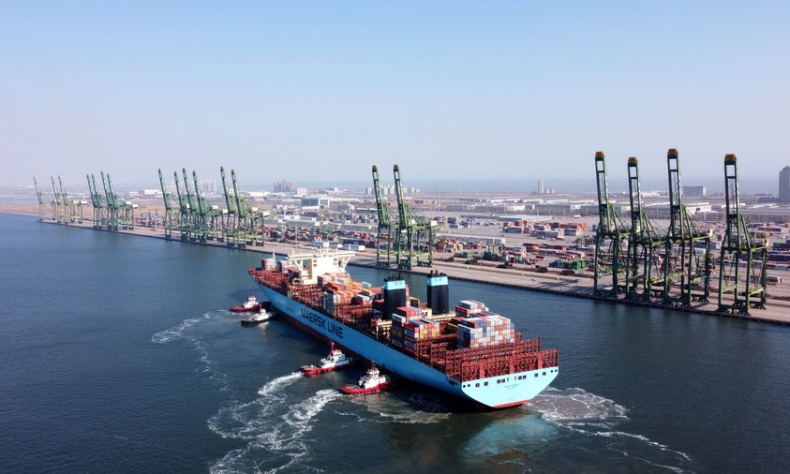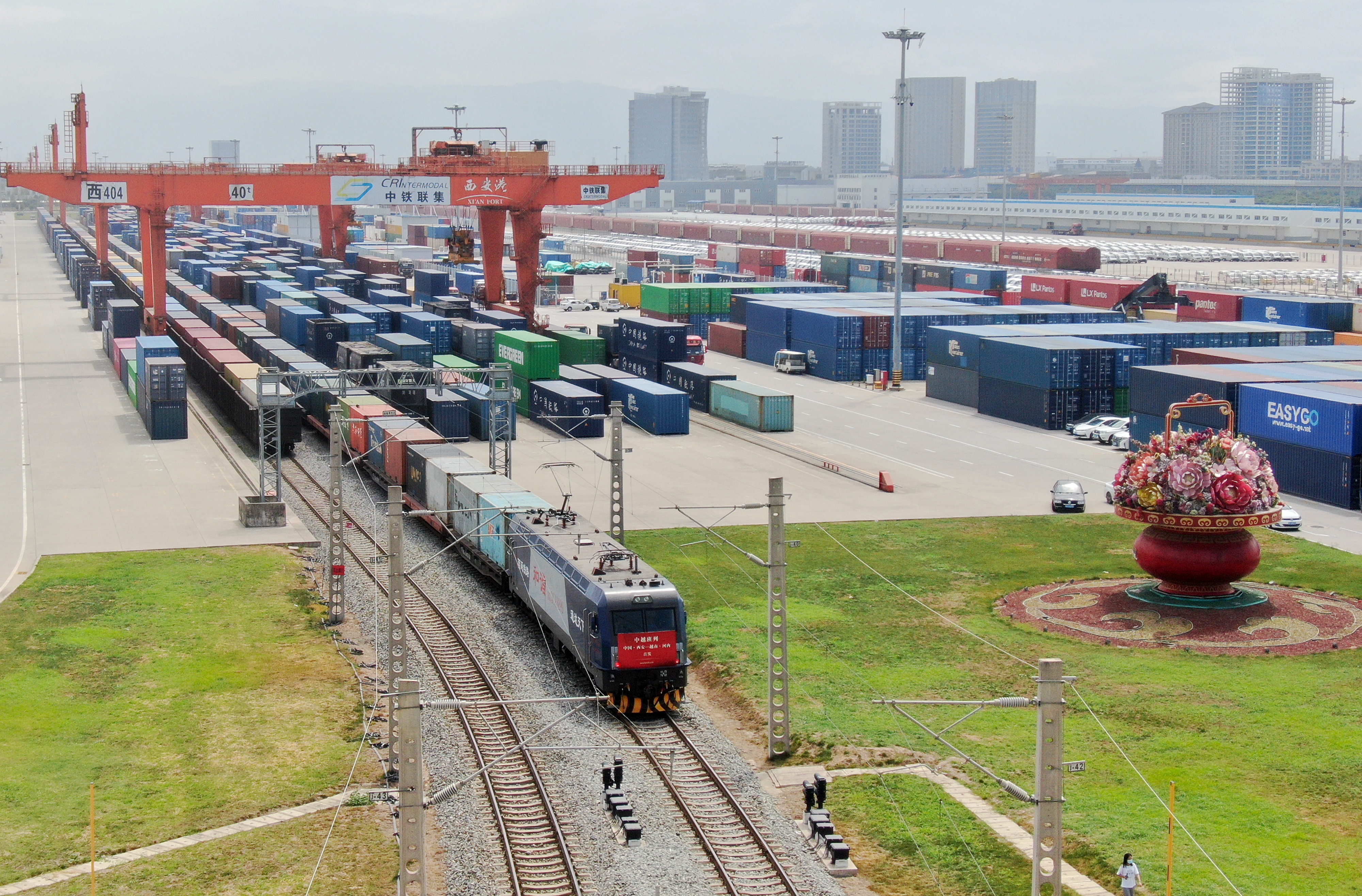Global Development Initiative: Prioritizing Global Development

The most pressing challenge in this global environment is for countries to remain open, prudent and to act in their own best interests, as opposed to fighting the hegemonic struggles of other countries.
In 2021, China proposed the Global Development Initiative (GDI), which calls for staying committed to development as a priority, a people-centered approach, benefits for all, innovation-driven development, harmony between man and nature, and results-oriented actions. The initiative shows that China stands ready to work with other countries in putting development at the center of the global agenda.
First of all, China’s development pathway has taken what is commonly described as a “people centric” approach, which prioritizes the interests of society at large, reducing uneven development, and cutting inequality in the distribution of wealth.
Most notably, this has included China rapidly building up international synergy for coordinated development, as shown by its efforts in coordinating the construction of high-quality infrastructure, both at home and overseas through the Belt and Road Initiative (BRI), connecting regions and countries alike. Not only has this consisted of necessary transport infrastructure, but it has also addressed human needs such as through the construction of schools, hospitals, internet connectivity and more. This outlook understands development not as a natural phenomenon brought about by unfettered market dynamics – which has in fact disadvantaged many countries in the global south – but focuses first on improving people’s basic livelihoods.
Although not strictly economic based, a key example of these different models in general, and certainly an important aspect of the GDI, is China’s approach to public health. China has prioritized public health in fighting the pandemic, and also supports other countries in responding to the virus.
This ties into the need for the GDI to be a multilateral and international project, confronting the global challenges of the time collectively, as opposed to unilaterally or mini-laterally. China has long understood that its development and growth prospects are not merely centered on what it does at home, but in an increasingly integrated international society, and are interdependent with those of the rest of the world. Development is a common and collective goal – the economic success of one country is directly related to that of its neighbors and other countries.

Therefore, China’s GDI looks at the bigger picture. While most predominantly this has involved the BRI, which as noted above strives to establish global connectivity for common development, it also covers other issues too. These include deepening mutual market access, regulatory standards and other provisions through free trade and economic agreements, as well as coordination on issues such as renewable energy with a view to global challenges such as climate change.
In setting this out, joint efforts are needed to tackle the big challenge to common global development – the ambitions of some countries to roll back globalization and cooperation in the name of ideological and geopolitical struggle. This includes attempts by these countries to form exclusive blocs or groupings which have the sole goal of targeting others, forcing their members to take sides and subsequently limiting their cooperation with others. This may also involve forcing them to reject certain markets and technologies, or to attempt to rewrite supply chains in highly costly and inexpedient ways in the name of geopolitics. These policies undermine the foundations of globalization, cause growing inflation and set the global community backwards. It aims to build walls instead of bridges.
As a result, the most pressing challenge in this global environment is for countries to remain open, prudent and to act in their own best interests, as opposed to fighting the hegemonic struggles of other countries.
 Facebook
Facebook
 Twitter
Twitter
 Linkedin
Linkedin
 Google +
Google +







